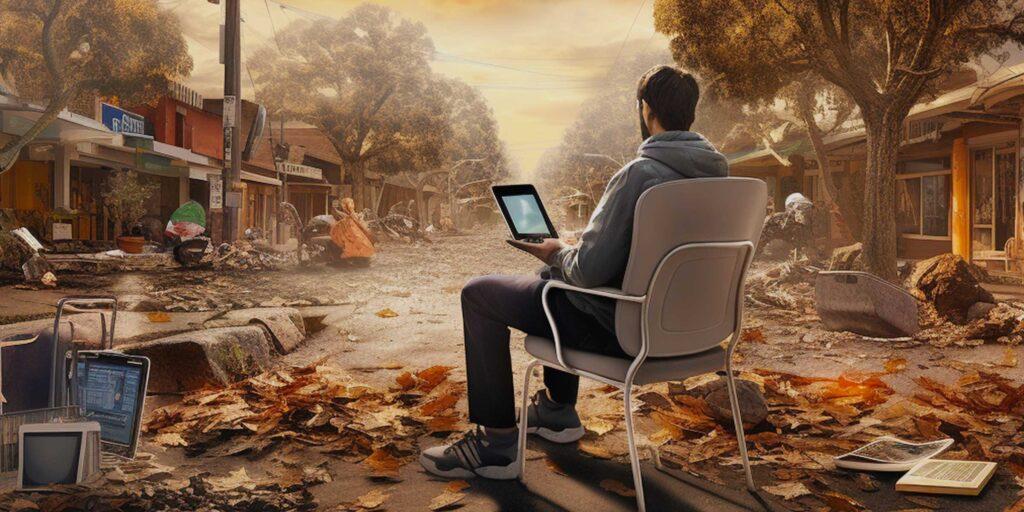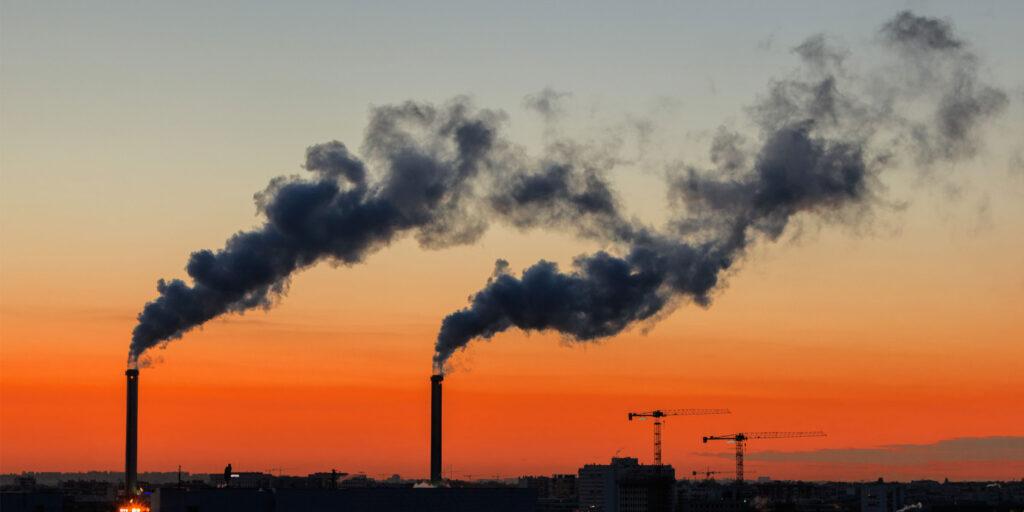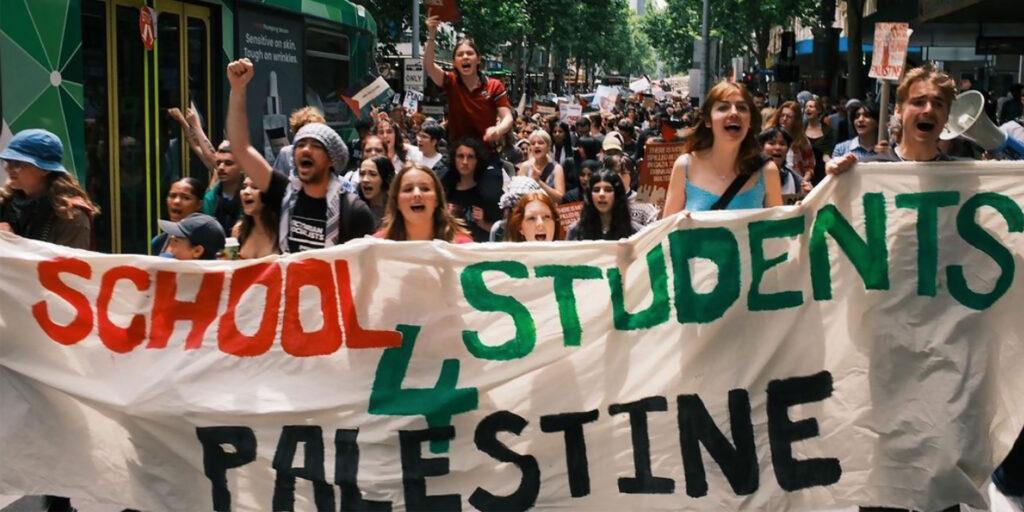A contentious new bill to crack down on misinformation and disinformation has drawn criticism for its potential to restrict free expression and political dissent. Notably, the government will be exempt from the proposed laws. Censorship will be an inevitable outcome, but will likely exacerbate the problem it is intended to solve.
In a move signalling the expansion of the Australian Censorship Industrial Complex, the government is seeking new powers to set and enforce industry standards to combat misinformation and disinformation online.
Under new draft legislation, digital platforms will be required to share information with the Australian Communications and Media Authority (ACMA) on demand, and to implement stronger systems and processes for handling of misinformation and disinformation.
ACMA says it will not have the power to request removal of individual posts from digital platforms or to read encrypted messages. Instead, it will have a “graduated set of tools” to nudge platforms into erring on the side of safety (and in the digital world, ‘safety’ means ‘censorship’). Such tools include infringement notices, remedial directions, injunctions and civil penalties, including fines of up to $550,000 (individuals) and $2.75 million (corporations). Criminal penalties, including imprisonment, may apply in extreme cases.
Controversially, the government will be exempt from the proposed laws, as will professional news outlets, meaning that ACMA will not compel platforms to police misinformation and disinformation disseminated by official government or news sources.
This is troubling in light of the discovery earlier this year of a co-ordinated effort by the Australian Government, in partnership with Big Tech platforms, to secretly surveil and censor online speech throughout the pandemic. In the US, where free speech is protected under the First Amendment, a District Judge recently blocked the US Government from the engaging in the exact same behaviour.
The nub of the issue is how true information will be determined from misinformation (false) and disinformation (false with malicious intent). ACMA says that it will have no role in adjudicating truthfulness, leaving it to digital platforms to engage with industry bodies, fact-checkers, and AI to arbitrate what is true.
You may remember Julie Grant, the Australian eSafety commissioner, from this viral World Economic Forum clip last year in which she proposed a 'recalibration' of free speech. pic.twitter.com/DrtirwoVeh
— Michael Knowles (@michaeljknowles) January 18, 2023
If this ACMA bill is passed, I hope @elonmusk and @Twitter tests its constitutionality in the High Court.
— John Ruddick MLC (@JohnRuddick2) July 11, 2023
This is a major point of concern for Liberal Senator Alex Antic, who has played an instrumental role in exposing the government’s underhanded tactics to censor online speech. Earlier this year, documents obtained by Senator Antic under Freedom of Information uncovered the bombshell that the Department of Home Affairs (DHA) had requested the censorship of 4,213 COVID-related social media posts during the pandemic.
A subsequent release of documents from Twitter’s internal files showed that posts flagged by the DHA for take down included true information, jokes, memes, and posts from accounts with as few as 20 followers. While the ACMA bill exempts humorous content produced in ‘good faith’, an allowance that is intended to protect freedom of expression, one wonders if the left hand knows what the right hand is doing.
Labor is attempting to establish a ‘Ministry of Truth’ with the power to censor anything they deem as "misinformation".
— Senator Alex Antic (@SenatorAntic) June 28, 2023
If passed, Australian Communications and Media Authority would become the ‘arbiter of truth’, with the ability to censor anything on social media that… pic.twitter.com/xSGb8MLPsh
“The ‘truth’ is whatever comes down the bureaucratic conga line. When the medical regulator, AHPRA, censored doctors from expressing legitimate concerns about the COVID vaccines – where did they get their information from? The TGA and ATAGI,” says Senator Antic, referring to the national drug regulator and vaccine advisory body. “So the information makes its way down the line, to be enforced as ‘truth’ by these big platforms. Contradictory information gets branded as misinformation.”
This is a plausible take. For example, YouTube’s definition of ‘medical misinformation’ is information that, “contradicts local health authorities’ or the World Health Organization’s (WHO) medical information about COVID-19.” Last month, YouTube cited this policy as grounds for removing MP John Ruddick’s maiden speech to the New South Wales Parliament from its platform.
The potential for such an arrangement to result in the censorship of true information and valid expression is obvious. Nevertheless, ACMA says its proposed legislation is necessary to counter the threat posed by misinformation and disinformation to, “the safety and wellbeing of Australians, as well as our democracy, society and economy”.
Misinformation researcher Dr Tauel Harper agrees that the proliferation of misinformation and disinformation online is a problem that needs to be addressed as a matter of priority. “If you can’t trust shared information, and you can’t come to a collective agreement on what is real, then you’re not going to be able to coordinate a response to any great social challenge,” Dr Harper told Umbrella News.
“The rise of things such as weaponised disinformation and deep fakes means that something needs to be done to help the public decide between good and bad information in order to continue to build social trust.”
However, Dr Harper says that outsourcing the adjudication of information to digital platforms and industry bodies is not an ideal scenario. “Having a sea of disinformation, policed ad hoc by corporate bodies according to cultural fashions and mores will exacerbate the polarisation of disparate groups,” he says.
Rather, Dr Harper suggests that charging a “trustworthy authority” such as ACMA or the ABC with diligently and transparently judging the veracity and reliability of information would improve public debate and increase social trust.
“Such an organisation should be separate from government under their own charter and subsidised by ISP services or by quarantined public broadcasting funds that can’t be interfered with by the government of the day,” says Dr Harper.

Social trust is developed through the process of negotiating what is ‘true’, explains Dr Harper. “There are benefits in exposing illegitimate claims, false representations and faulty arguments in public debate.” However, this is best achieved through open collaboration rather than by top-down censorship.
In fact, censorship can have the opposite effect, pushing users out of mainstream shared spaces and onto the fringes of debate, where they are more likely to become entrenched in their beliefs.
“Our research into online behaviour during COVID in Australia showed that attempts to censor vaccine sceptical messages and groups correlated with a significant increase in people subscribing to vaccine sceptical sites and news services. This would suggest that attacking the freedom of speech of those with differing viewpoints may actually exacerbate their feelings of persecution and political alienation,” says Dr Harper.
Conversely, when the government came clean about the clotting problems with the AstraZeneca Covid vaccine, Dr Harper’s research team observed a significant decrease in the rate of subscription to vaccine sceptical media.
Dr Harper raises a word of warning about potential for the ACMA bill, if enacted, stifle political expression.
A shopping list of potential threats posed by misinformation and disinformation is detailed in the bill, including: identity-based hatred; disruption of public order or society; harm to democratic processes; harm to government institutions; harm to the health of Australians; harm to the environment; economic or financial harm to Australians or to the economy.
“The definition of ‘disrupting public order’ as a serious and chronic harm could be used to stop the organisation of legitimate and necessary political protests,” says Dr Harper.
“The very nature of political speech is that it might disrupt the public order – so this could certainly be used to clamp down on legitimate political speech and protest that should be part of a functioning democracy.”
A spokesperson for the Federal Department of Communication, under which ACMA is housed, states,
“The proposed powers are not intended to impact on individuals or groups right to peaceful assembly or protest. Harm that is disruption of public order or society in Australia, would need to be reasonably likely to cause or contribute to serious disruption of public order in society… An example of this would be misinformation that encouraged or caused a group of people to destroy critical communications infrastructure.”
“Free speech is democratic and messy, and people can abuse it. But the alternative – whereby the government decides what is allowable – is far more dangerous … Politicians are the last people you should trust with determining the truth” https://t.co/iu3naMsL4M
— Prof. Peter C Gøtzsche (@PGtzsche1) July 13, 2023
Yet the erosion of protest rights during COVID lockdowns is example of the malleability of terms such as ‘serious disruption.’ Recall that the right to protest was effectively suspended in some states during lockdowns, with Victorian police using unprecedented violence and issuing charges of incitement to deter protestors.
Moreover, the involvement of the Cybersecurity and Infrastructure Security Agency (CISA) in censoring online speech in the US, and in particular, its framing of public opinion as ‘cognitive infrastructure’ demonstrates how policies designed to combat ‘threats to infrastructure’ can be subverted as a means clamp down on ‘wrong-think’. Senator Antic doesn’t mince words. “This is the expansion of the Censorship Industrial Complex in Australia. I think we’re on dangerous ground.”
ACMA is seeking feedback on its proposed Combatting Misinformation and Disinformation Bill.
Make a submission by 6 August to have your say.



